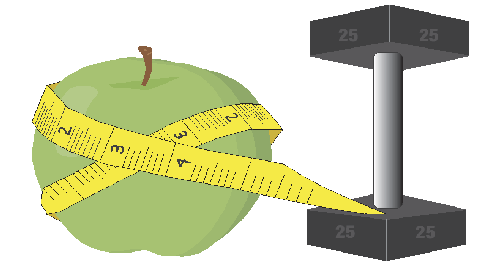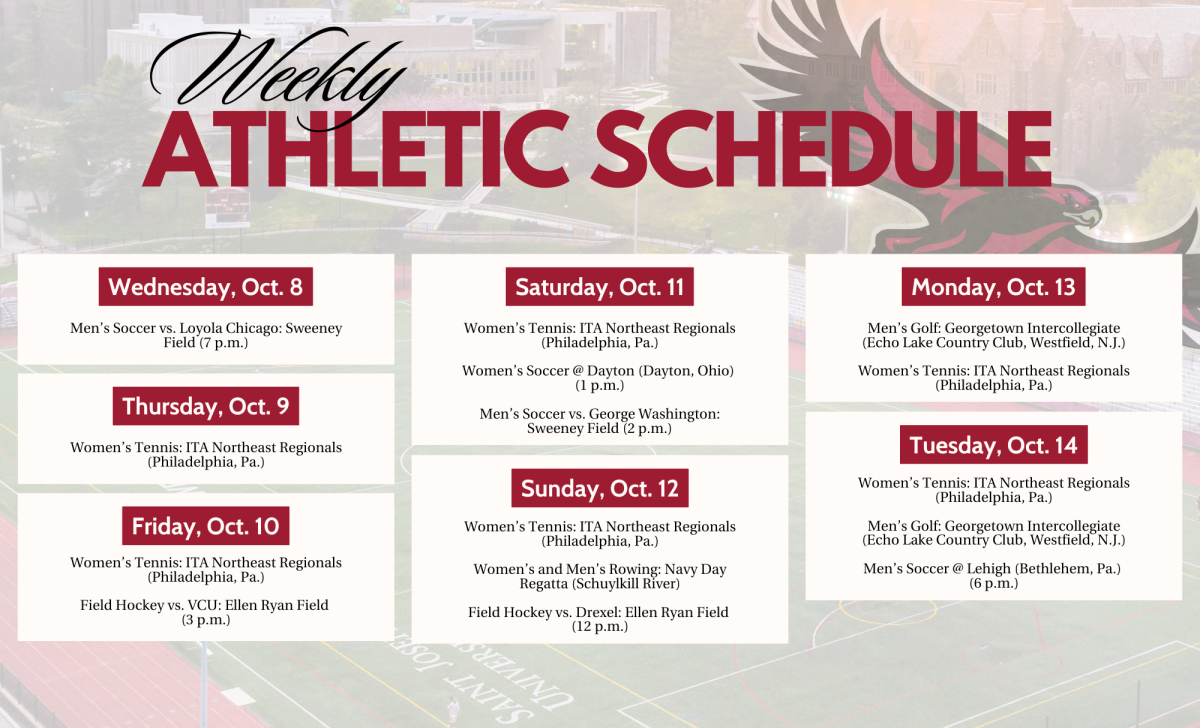Out of the 14 teams in the Atlantic 10 Conference, only five schools, including St. Joe’s, do not have an athletics nutrition program.
Certain programs may have a dietition and/or nutritionist on staff. However, the two are not the same. In order to legally become a registered dietitian, a nutritionist must be registered with the Commission of Dietetic Registration (CDR).
Director of Athletics Jill Bodensteiner, J.D., is in the early stages of discussing the benefits of a nutritionist, according to SJU Athletics.
Jill Joseph, University of Pennsylvania sports nutritionist, said schools with a sports dietitian provide an advantage to their athletes.
“This is a very unique population who don’t have the same eating patterns as everyone else,” Joseph said. “It provides a reference point to both general and specific nutritional needs. It’s easy access to help their performance.”
Jim Steele, strength and conditioning manager at University of Pennsylvania, said that not having a dietitian may may present issues for an athletes’ recovery process.
“[Not having a nutritionist on staff] is a huge disadvantage,” Steele said. “It’s an integrated part of training and conditioning. You need to have one in order to have a really successful program.”
Andrea Irvine, Drexel University sports dietitian, said a sports nutritionist can decrease an athlete’s risk of injury.
“We can decrease the risk of injury through educating our athletes on how to fuel and hydrate,” Irvine said. “It’s important to take in enough calories and macro nutrients to support the body.”
Steele said proper nutrition is key for what’s expected in the weight room.
“If athletes aren’t fueling and hydrating their bodies for the demands that are expected, they’re not going to be successful,” Steele said. “The risk of injury goes up.”
Joseph said that although sports dietetics in general is still a developing field, the most competitive schools have one or more on staff.
“It’s still a growing field, but it’s definitely a disadvantage not to have one because so many schools have sports dietitians,” Joseph said.
While an athlete does have to execute the dietitian-made meal plan, Irvine said it’s not difficult to get them to follow meal instructions.
“These athletes are competitive,” Irvine said. “They’re very willing. It’s not a punishment to come see the dietitian. They want to win, so they want to do anything they can to get an edge over their competitors.”
From a strength and conditioning perspective, without a nutritionist, Steele said nutrition is guesswork.
“There are plenty of misconceptions [in regard to nutrition],” Steele said. “Now, [with a nutritionist], we have solid information. There’s someone certified that knows what works and what doesn’t.”














































